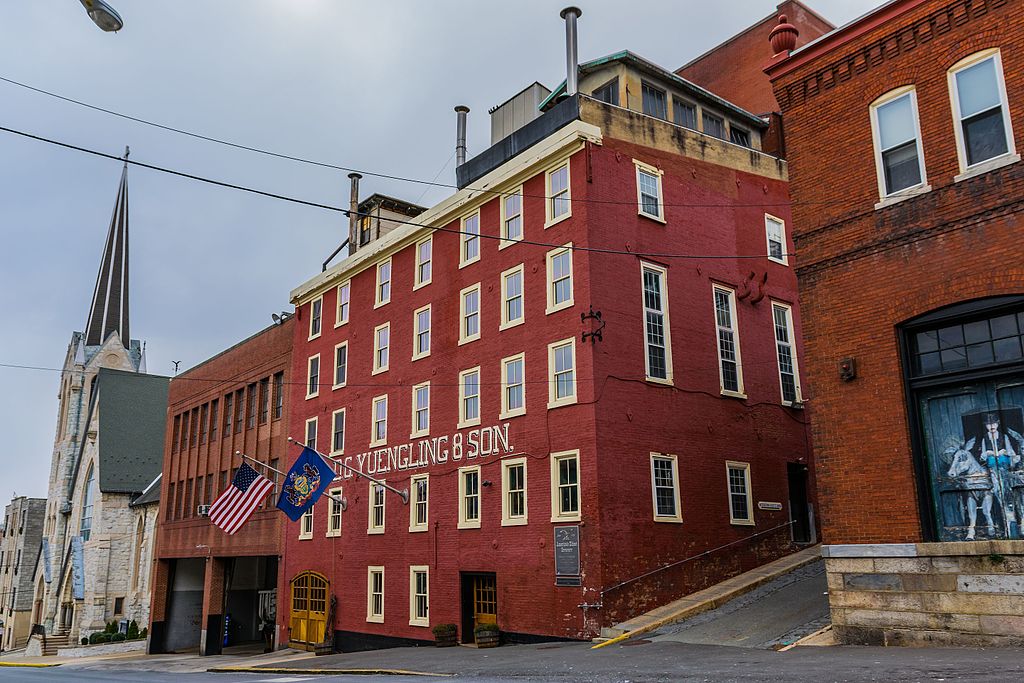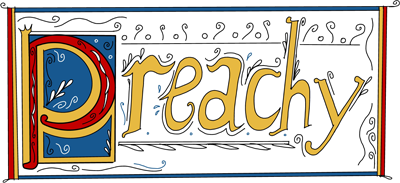
On Beer and Home
 Yuengling is an objectively terrible beverage. Even a quick pull from a longneck that originated at the longest-running brewery in the United States leaves you wondering just what the fuck you’re doing trying to put a thing that actually tastes like spoiled grain (yes, I know) into your body. And that’s to say nothing of what happens when you find yourself in front of a tallboy (yes, I know), pondering the limited beauty of 16 ounces of cold beer before time and space warms whatever you can’t drink in the approximately 25 minutes it takes for the liquid inside the can to reach room temperature.
Yuengling is an objectively terrible beverage. Even a quick pull from a longneck that originated at the longest-running brewery in the United States leaves you wondering just what the fuck you’re doing trying to put a thing that actually tastes like spoiled grain (yes, I know) into your body. And that’s to say nothing of what happens when you find yourself in front of a tallboy (yes, I know), pondering the limited beauty of 16 ounces of cold beer before time and space warms whatever you can’t drink in the approximately 25 minutes it takes for the liquid inside the can to reach room temperature.
But still — I do find myself pondering said limited beauty.
I grew up in Washington, D.C., and that place means a whole lot to me. For whatever reason, the drink I most associate with my hometown is Yuengling. I have no idea why. It probably has something to do with the fact that it used to be pretty hard to find the stuff once you got west of, I’d guess, Pittsburgh.
Looking back, it seems like National Bohemian might have been a better candidate for a kind-of hometown beer? Its legend is, after all, of Baltimore origin. And I have no doubt that D.C. bars stocked the stuff. But I am very sad to report that I have never indulged in a Crab Shack Shandy, and if I did run into some original flavor Natty Boh along the way, I certainly don’t remember the experience. (Perhaps that’s a given?)
Whatever it was (or is), Yuengling came to spell D.C. for me. It was my go-to, and I would absolutely seek it out, awfulness and all—at least until I moved to Texas. Texas, you will remember, is west of Pittsburgh, a fact that meant no Yuengling for me—at least until recently. As you may have read, things are way different down here. And the local skunkworks belong to Lone Star Beer.
Lone Star is also garbage. But it’s garbage that does not remind me of home, and so I do not like to drink it. That’s to say that some small piece of my identity isn’t wrapped up in some weird idea that an alcoholic beverage that purports to be the “National Beer of Texas” represents the person that I am. I’m honestly grateful for that. I think?
Yuengling, National Bohemian, and Lone Star represent three versions of affordable, simple regional beers. There used to be more, of course, but that’s not what this is about. Actually, maybe it is? I’m going to level with you here and say I’m not entirely sure what this is about — I’m only sure that there is something here about regional identity that feels sectarian in nature.
Like: When you sit down to your meal this Thursday (or ‘round abouts this Thursday) with your fam or chosen fam, you’ll probably find yourself in front of a crafty something or other. It may have a lot of hops in it. It may have a lot of alcohol in it. It probably won’t be very refreshing, but it sure might serve as great fuel for whatever argument you get into when you start pounding the $20 six-pack that may also serve as your only salve for what’s about to unfold. And though you may well find yourself veering into some kind of discussion about your beer selection, it will probably be more about which very fine brewery manufactured the thing you are drinking. This may be central to your identity. Or it might not really matter one damn lick. But the flag you’ll be planting won’t be the same as the one you’d be planting if you’d brought some Natty Boh to a Yuengling party.
The world is on fire, and none of this really matters of course. I’ll be happily drinking my favorite garbage alongside some very good friends who happen to prefer not-garbage beers of the $20 six-pack variety. And we probably won’t fight about much (gosh…here’s hoping).
For example, I think that our guests and ourselves can all agree that a more thoughtful manner of living includes recognizing that the holiday we’ll be ostensibly celebrating was built on mass murder, ethnic cleansing, lies, and general awfulness. And that all probably contributed to our collective ability to select from garbage or not garbage beers, and for that beer to be manufactured under an economic system that — yes, makes it relatively affordable, but also burdens a significant portion of our society with the responsibility of working, or maybe renders them otherwise unable to enjoy time off this week. And, say, that U.S. international decline is not just underway and inevitable but also in some very real ways better for the world at large.
Can I tie craft beer to U.S. decline? Eh. Not exactly. But I do think that it’s fun to note that the hoppiness of India Pale Ales and their popularity are a direct descendant of British Colonialism. So there’s that? Meantime, I will continue to wonder what a Genesee Cream Ale might have tasted like while knowing that it probably wasn’t as good as a Yuengling.
Happy holidays!
